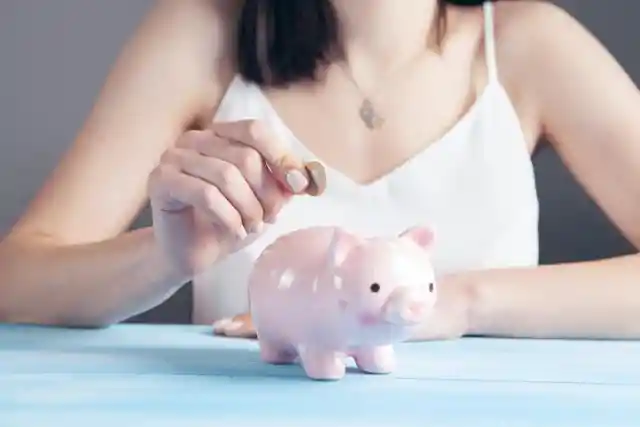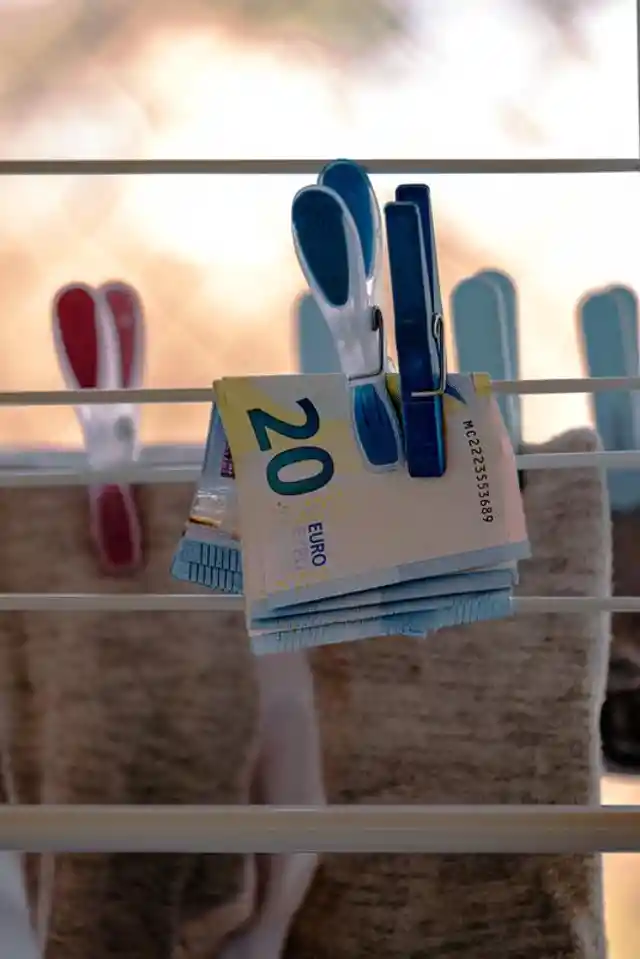Save more? Spend less? Do you have all kinds of good money resolutions, too? These tips will help you have more control over your spending and keep some left over at the end of the month.


Stick to a BudgetDivide your income into chunks. This will bring order out of chaos and give you a better idea of how much money you can spend on what. This is a guideline:About 50% of your income goes to fixed expenses such as rent, taxes, gas-water-and-electricity and, of course, your groceriesAbout 30% of your income goes to 'fun things': shopping, eating out, or going to the movies, for example.About 20% of your income is used to pay off debts or to save.Of course, you can use more than 20% to save or pay off debt, but make sure you stay within your agreed budget for the first two.Be Critical of what you BuyIt is so easy to hold your debit card (or phone, even easier) against that device. Kaching! Yet it's much wiser to be critical of your purchases. With everything you buy, consider whether you really need it or just want it.When shopping, make a list and stick to it. That way you avoid buying too much. Oh, and go for a shopping cart! According to research, you tend to buy less than. It's also smart to carefully check the contents of your closet before you go shopping. For example, make a mood board with items you still need or would like to have, that way you can be sure you won't make any mis-purchases.


Keep OverviewKeep a close eye on your statements and save receipts. You'll keep track of exactly what you spend and prevent money from flying out of your wallet. Check your account every week and keep a close eye on how much you've spent. That way you know exactly what you can still spend.Make a Pot for Unexpected ExpensesThere are always expenses you haven't factored in. Your washing machine breaks down, your car breaks down - sometimes things are out of your control. These costs are often high, so protect yourself from these inconveniences and make an "emergency pot". Any money you save for this is nice, but it's best to save two to three salaries ahead.